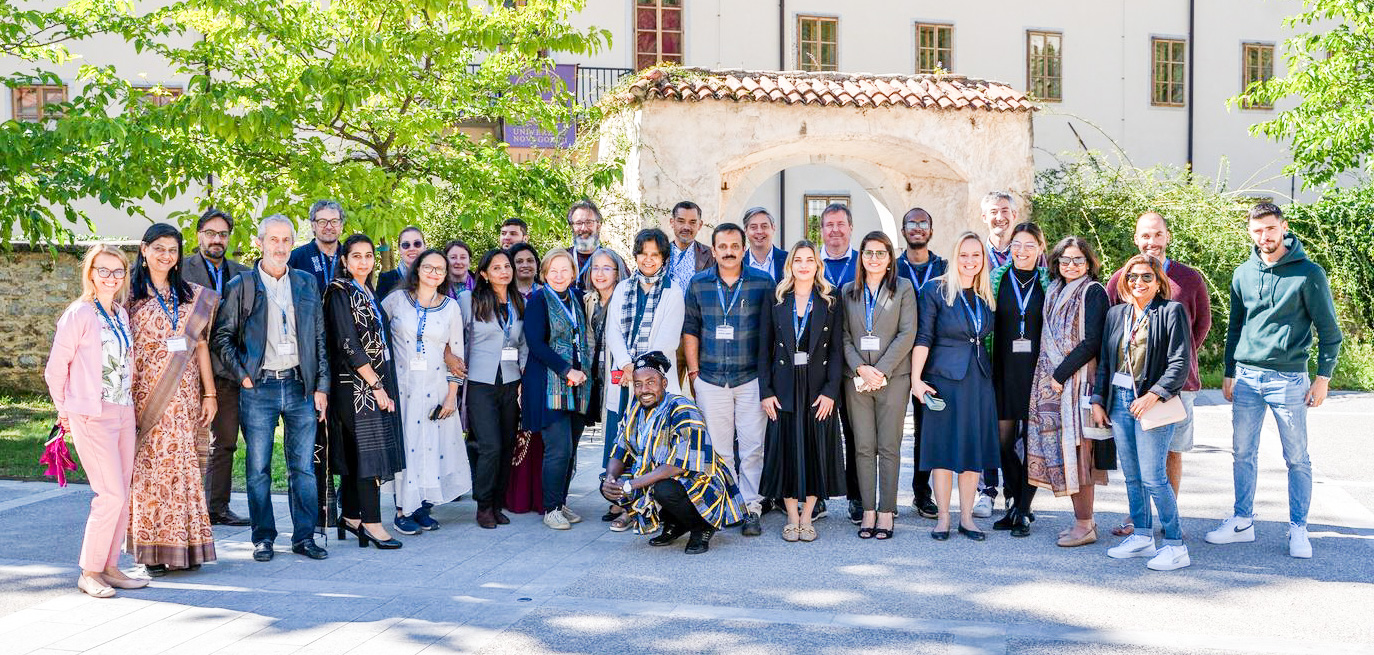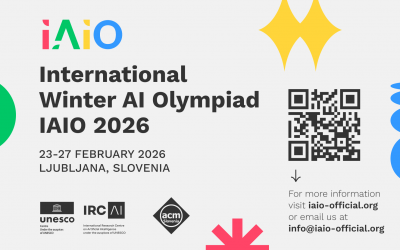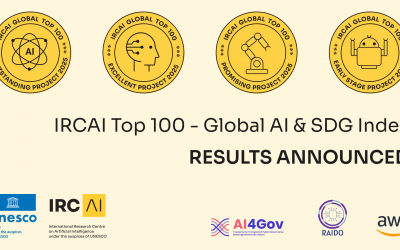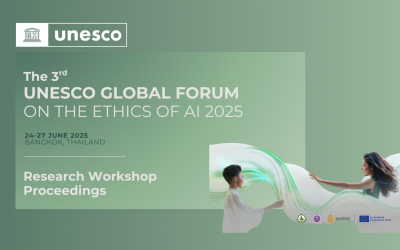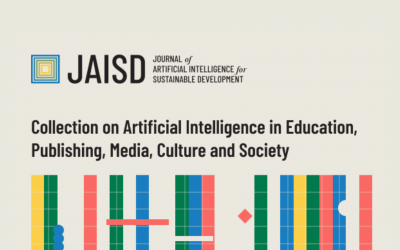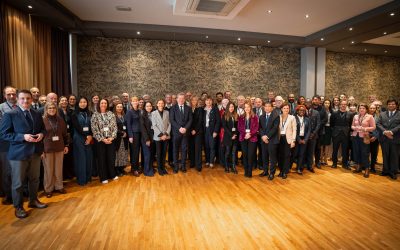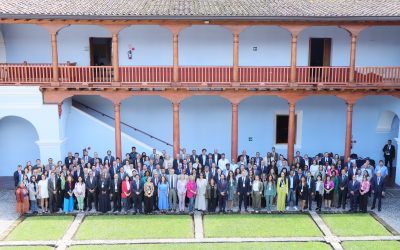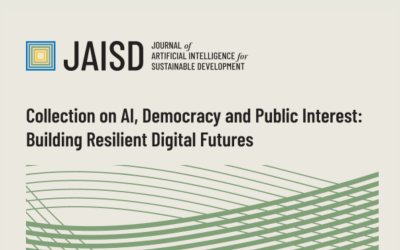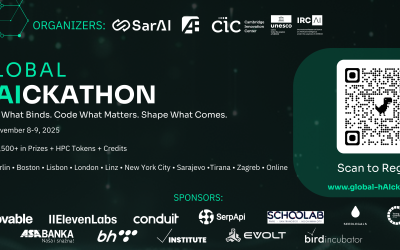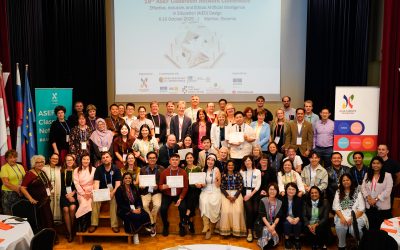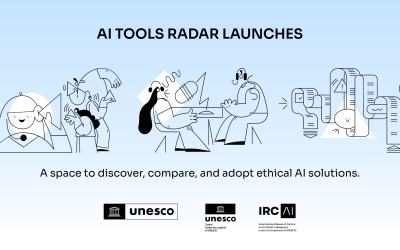OE4BW Strategic Meeting 2024: Making Knowledge More Accessible and Equitable through AI
On October 9th and 10th 2024, the Open Education for a Better World (OE4BW) program, a collaborative initiative coordinated by the UNESCO Chair on Open Technologies for Open Educational Resources and Open Education at the Jožef Stefan Institute (JSI) and the University of Nova Gorica (UNG), held its strategic meeting. The OE4BW hub coordinators gathered in Ljubljana, Slovenia, to explore the latest trends and practices in open education (OE), particularly the contribution of the artificial intelligence tools to the field.
IRCAI’s efforts in Open Education
Promoting equitable access to knowledge through the open educational resources (OERs) with the use of artificial intelligence has long been one of IRCAI’s core activities. In fact, one of IRCAI’s Programme Committee is “AI and Education”, focusing on promoting the teaching of artificial intelligence to all in an open manner and emphasizing the impact of AI tools in supporting open education. Besides collaborating with a number of UNESCO Chairs from ICT fields, IRCAI runs a variety of educational initiatives and projects within the UNESCO Chair on Open Technologies for Open Educational Resources and Open Education, such as the OERs Observatory, X5-GON and Slo2Svet. The OE4BW program is one of these key initiatives, aligning with IRCAI’s efforts in leveraging AI tools to support an easier and more equitable access to knowledge.
OE4BW, a Unique Mentoring Programme for Equitable and Inclusive Education
The OE4BW is an international mentoring programme, developed to promote the implementation of the UNESCO’s Recommendation on OER and to contribute to the UN Sustainable Development Goals, in particular the SDG 4 (Quality Education). In its 7 years of existence, the program has supported the development of 450 projects and engaged 537 professors, students, education experts and developers of educational materials from 45 countries. In 2023/2024 alone, the OE4BW organisers received a total of 70 project applications from 92 developers and 87 project applications from programme mentors. The projects are categorized into 9 thematic hubs: Hub Education and Pedagogy, Hub Sustainability, Hub Health & Well-being, Hub Artificial Intelligence, Hub Displaced Persons, Hub Renewable Energy and Hub Youth. Connecting the developers of educational materials with experts volunteering as mentors, the program has a unique mentoring approach to create the Open Educational Resources.
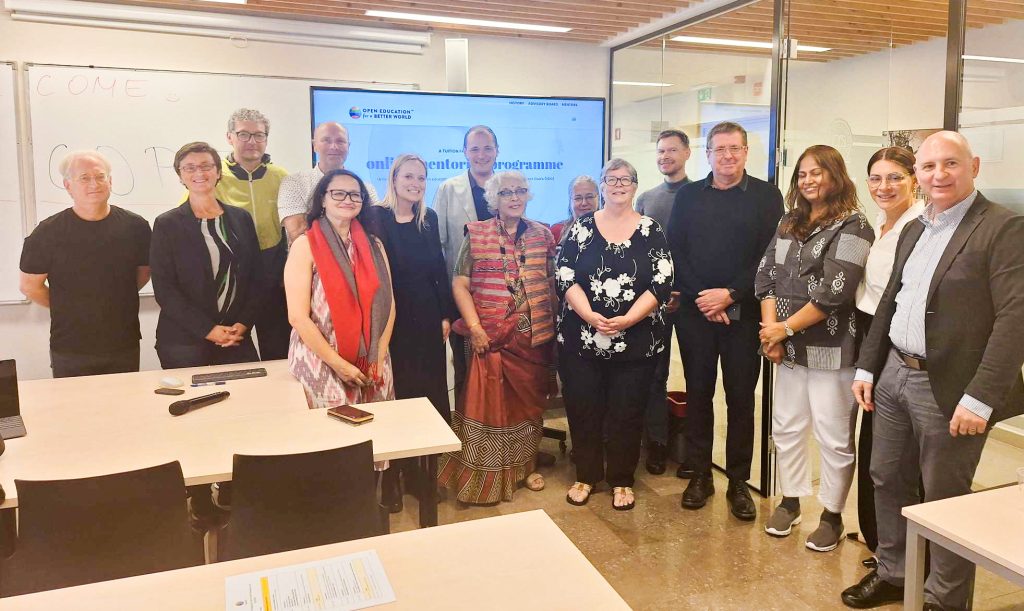
Strategic Meeting on AI to improve Open Education Practices
The meeting’s main topic was the importance of innovation in education, how it can be enhanced, made more accessible and equitable with the use of AI tools. During the first day of the meeting, prof. Wayne Holmes from UCL and IRCAI’s researcher, addressed the opportunities and challenges of incorporating AI into educational settings and explored how AI can improve open educational practices and access to educational resources. Further on, Mr. Joost Groot Kormelink from TU Delft shared insights on how to better integrate OER in higher education, particularly in Africa’s less-developed regions. Prof. Ajita Deshmukh from MIT ADT University shared experiences from India, detailing how OERs are transforming the educational landscape, allowing greater access to high-quality learning materials. Finally, dr. Borut Stojilković from the Ministry of Higher Education, Science and Innovation in Slovenia discussed the growing importance of micro-credentials in Slovenia, underlining their potential to provide lifelong learning opportunities in Slovenia.
A highlight of the second day was the presentation by the Green Button Journey project, a gamified mobile app to teach environmental awareness, designed by young creators: Ana Neja Pfeifer, Hana Leben, Primož Dornik, Klemen Kavčič and Katarina Perman, mentored by Suzana Leben, in the scope of Hub Youth coordinated by Ervin Pfeifer.
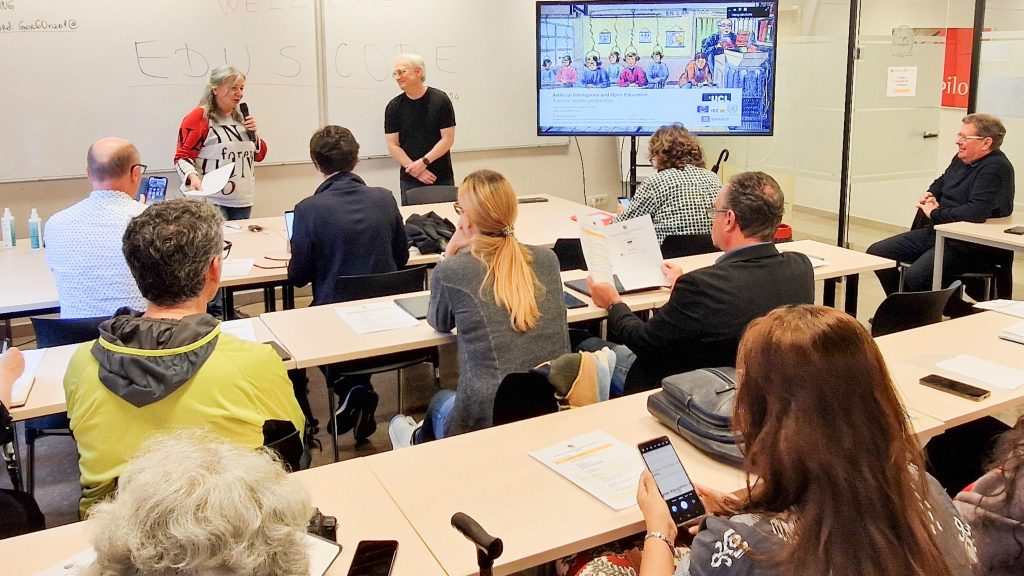
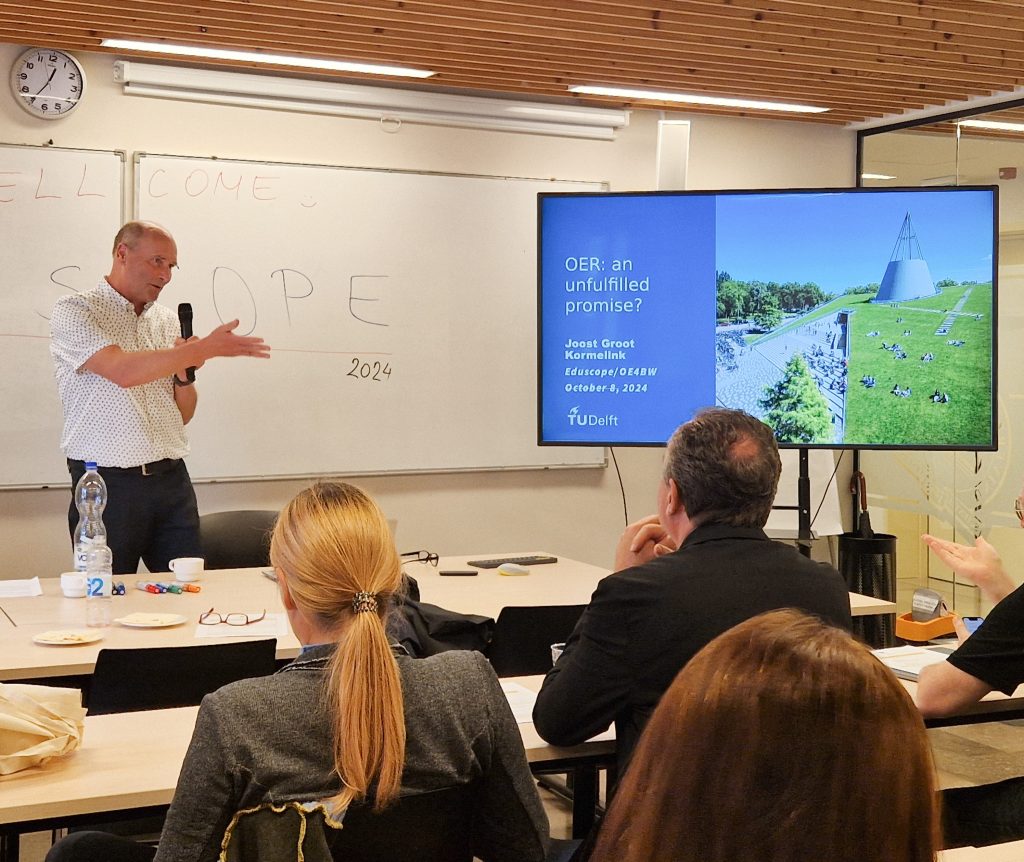
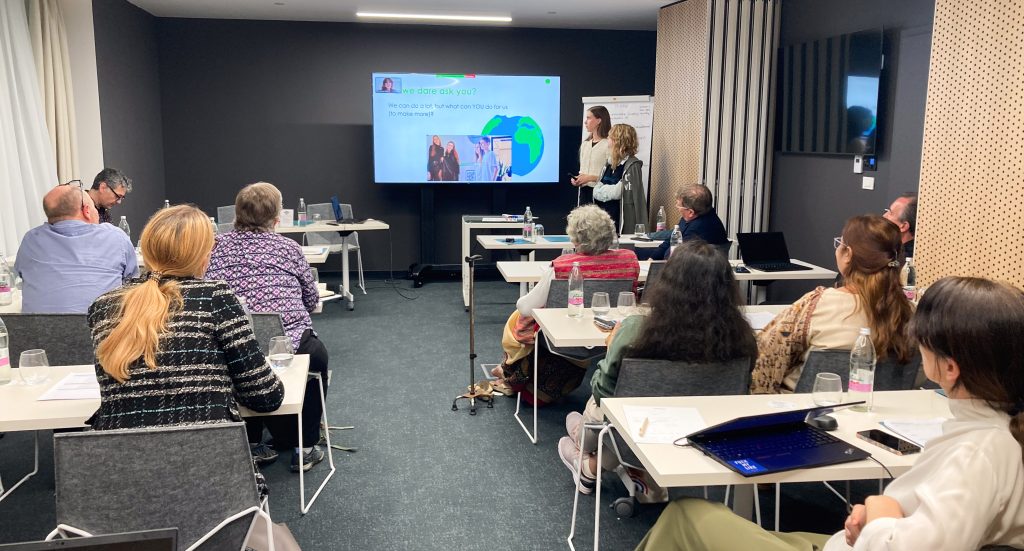
Wrapping up the strategic meeting, the OE4BW hub coordinators decided that the network of OER developers will be further expanded across the world and that more capacity-building workshops for developers and mentors will be introduced in the program. Desiring that the open education would be promoted further, cross-institutions and cross-borders, they hope that the 3rd UNESCO World OER Congress, taking place on the 19th and 20th of November 2024, will bring more world’s attention to this topic.
OE4BW: Looking ahead
Inspired by the ideas that emerged from the strategic meeting, the OE4BW community is now preparing for two November 2024 events:
- The OE4BW Open Call for incorporating new OER developers will be announced in the beginning of November 2024
- The OE4BW Eduscope 2024, the OE4BW final conference of the season 2023/2024, will feature OER developers who will present this years’ projects.
More info about the OE4BW program: https://oe4bw.org/
